
PART 1
The Holy Fear of the Lord in Ministry
(C)2025 Taveau D’Arcy All copyrights reserved under international copyright laws, in conjunction with A I
Main Scriptures For the Christian Minisiter to Google**
**TO DO:note how each one involves “Relationship Respect”
(hence this series of maturing the minister articles)
Ephesians 4:1-6
James 3:17
Isaiah 1:18
The Holy Fear of the Lord: A Foundation for Ministry Conduct
In a world where opinions are abundant and public platforms offer an easy stage to voice criticisms, the church finds itself at a crossroads. We are living in an age where many are quick to call out other Christians, public figures, and even fellow ministers.
Whether it’s accusations about false prophecy, doctrinal error, or character flaws, the tone and approach have become increasingly harsh. But what does God have to say about how we, as His followers, should conduct ourselves when addressing differences—especially in public?
The Holy Fear of the Lord must be the foundation for every minister, every Christian, and every leader, particularly in times where the Church is under such a heavy spotlight. This principle guides how we treat our fellow believers, whether in a congregation, on social media, or across the globe. Let’s examine Ephesians 4:1-6 and James 3:17, along with insights from Isaiah 1:18, to explore the holy fear that should guide our interactions in ministry.
Ephesians 4:1-6 – The Call to Walk Worthy
Paul begins this passage with a powerful exhortation:
“I therefore, the prisoner of the Lord, beseech you that ye walk worthy of the vocation wherewith ye are called, with all lowliness and meekness, with longsuffering, forbearing one another in love;
Endeavouring to keep the unity of the Spirit in the bond of peace.” (Ephesians 4:1-3, KJV)
The calling of a Christian is to live a life worthy of the vocation they have been given. Ministry is not about self-promotion, competition, or dominating others—it is a calling to serve, to lead humbly, and to preserve peace.
There is no place in this high calling for harsh accusations or public shaming. Unity is paramount, as Paul continues to emphasize the one body, one Spirit, one Lord, one faith, one baptism (verses 4-6). If the unity of the Spirit is to be preserved, we must operate in humility, gentleness, and patience.
These are the hallmarks of a ministry that respects the fear of the Lord.
So, what does this look like in practice?
James 3:17 – Wisdom from Above
James offers a powerful contrast between worldly wisdom and godly wisdom.
“But the wisdom that is from above is first pure, then peaceable, gentle, and easy to be intreated, full of mercy and good fruits, without partiality, and without hypocrisy.” (James 3:17, KJV)
When confronting errors or disagreements within the Body of Christ, the wisdom we employ should reflect the character of Christ. True godly wisdom is not about public exposure, disgrace, or defamation—it is pure, peaceable, gentle, merciful, and filled with good fruits. If we claim to be leaders in the Church, we must approach conflicts with humility, seeking peace and reconciliation rather than stirring up division. If our wisdom does not reflect these traits, we must question whether it truly comes from God.
In the world today, especially with the rise of social media and instant communication, it is easy to attack or critique others, but is this the wisdom that God calls us to exhibit?
Isaiah 1:18 –
A Call to Reason Together
In Isaiah 1:18, God extends an invitation to Israel, but it applies to all believers in every era:
“Come now, and let us reason together, saith the Lord: though your sins be as scarlet, they shall be as white as snow; though they be red like crimson, they shall be as wool.” (Isaiah 1:18, KJV)
Here we see the heart of God in how He desires to engage with His people: He invites them to reason together in humility, to come to Him for reconciliation. This is a powerful reminder for us in ministry. When there is disagreement, accusation, or sin in the Body of Christ, we are called to approach it in the same spirit: humble reasoning, a desire to restore, and an offer of grace. Instead of calling out and publicly shaming, we are invited to engage in a dialogue that leads to healing and transformation.
The Call to Discern and Not Revile
In today’s world, ministers and Christians alike face immense pressure to “take a stand” and “call out” what they perceive as errors in others. However, the Scriptures are clear: our role is to restore, not to tear down. The Holy Fear of the Lord calls us to exercise discernment over judgment, grace over condemnation, and humility over pride. When we fail to act in this way, we misrepresent Christ to the world.
As ministers of reconciliation, we are not supposed to be agents of division but rather peacemakers. Publicly shaming or accusing others, especially fellow believers, creates a toxic environment that pushes people away from the Gospel rather than drawing them to Christ.
In these challenging times, ministers are particularly accountable for how they use their platforms, whether in churches, on social media, or in public discourse. The Holy Fear of the Lord should guide us to speak truth with love, correction with grace, and confrontation with humility.

Practical Applications
Before You Speak or Post:
Pause and reflect. Ask yourself, “Is this wise? Is this action motivated by love and a desire for reconciliation, or is it driven by pride or a need to be right?”
Respect for Leadership:
If you feel someone is in error, approach them privately first, in accordance with Matthew 18:15. Public confrontation should only occur when all other avenues have been exhausted.
Building Unity, Not Division:
In all things, seek to preserve unity in the Spirit (Ephesians 4:3). No ministry is perfect, but we are called to love one another and build each other up, not tear each other down.
Closing Thoughts: Digital Platforms
In the age of public ministry and digital platforms, the Holy Fear of the Lord is more essential than ever. The temptation to “call out” others, especially high-profile leaders, can feel justified, but as believers, we must filter our responses through the heart of God. When we speak, we should do so with the wisdom that is pure, peaceable, and gentle—leading with humility, mercy, and good fruit.
May we all take to heart the importance of walking worthy of our calling, especially in the public eye. Let us challenge ourselves to confront in love and speak truth with humility.
Call to Action:
Before you post or speak about another minister, ask yourself:
Is my motive pure?
Am I promoting unity or division?
Am I acting out of humility or pride?
Next in the series,
we’ll explore Matthew 18: The Lost Ministry Art of Confronting in Private and how we can apply this principle in today’s world of online ministry.
TO SUPPORT:
(C)2025 Taveau D’Arcy All copyrights reserved under international copyright law in conjunction with AI
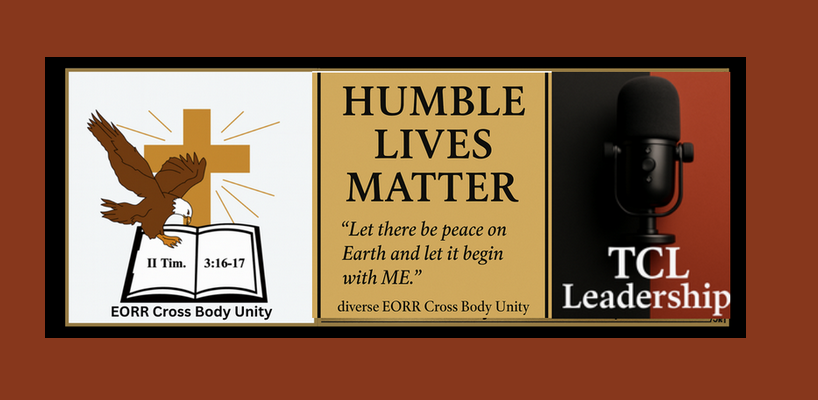




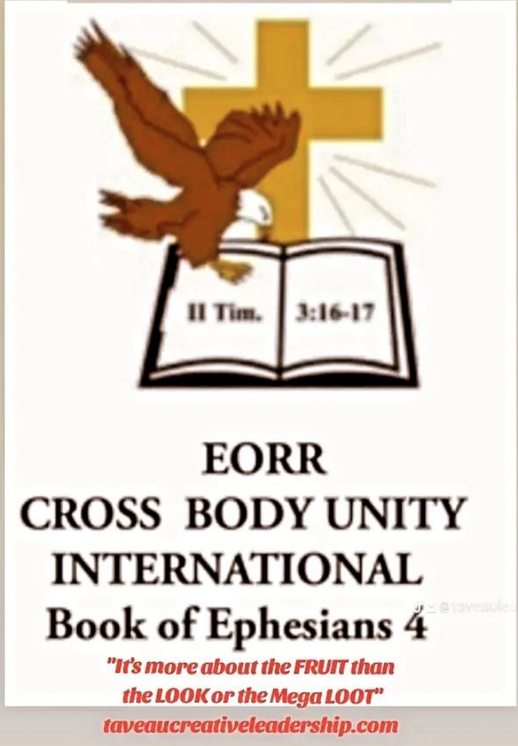



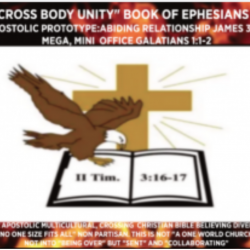

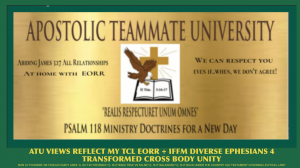
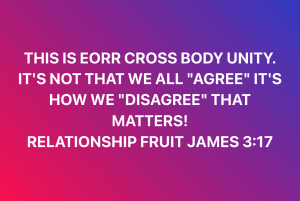
Recent Comments